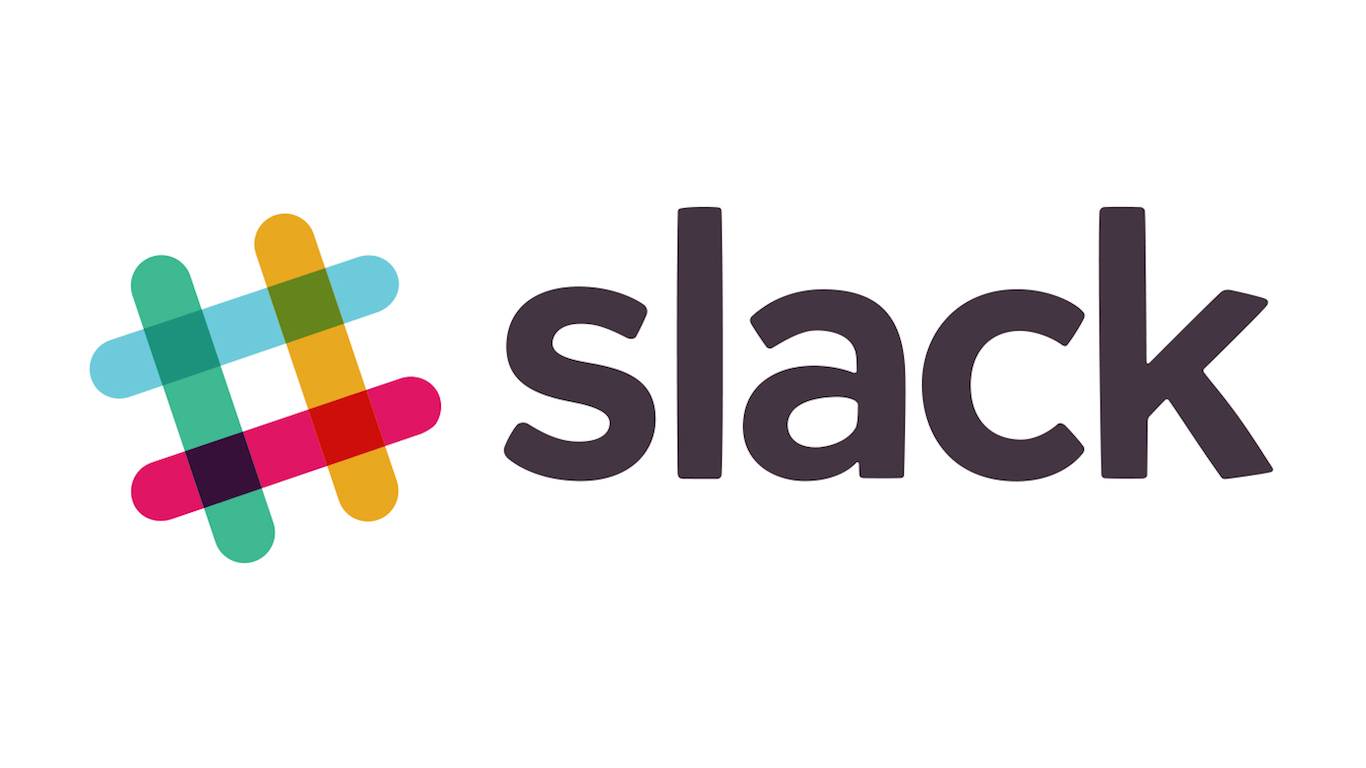Technology
Slack Scheduled to Enter the Market Thursday in Direct Listing

Published:
Last Updated:

Slack is set to begin trading on the NYSE on Thursday under the symbol WORK. While most companies list their shares via an initial public offering (IPO), Slack is taking a different route and is instead conducting a direct listing.
This go-public method reduces the number of banks involved in the process (and by extension, the fees the company pays out to them) and designates them as deal advisers rather than underwriters. There are no pricing details for this listing.
Slack is a new layer of the business technology stack that brings together people, applications and data. This company is best known for its online chat application.
It also has more than 1,500 apps in its own directory and integration partnerships with companies including Google, Workday, Salesforce, ServiceNow and Atlassian. The company claims to have hundreds of thousands of customer-created custom Slack applications and integrations in active use.
Around the world, over 600,000 organizations in over 150 countries have turned to Slack as the place to communicate, collaborate and get work done. Over 10 million people inside those organizations collectively spend more than 50 million hours actively using Slack in a typical week, on either a free or paid subscription plan.
In a filing to the SEC, the company described its finances as follows:
Our revenue was $105.2 million, $220.5 million, and $400.6 million in fiscal years 2017, 2018, and 2019, respectively, representing annual growth of 110% and 82%, respectively. Our growth is global with international revenue representing 34%, 34%, and 36% of total revenue in fiscal years 2017, 2018, and 2019, respectively. We continue to invest in growing our business to capitalize on our market opportunity. As a result, we incurred net losses of $146.9 million, $140.1 million, and $138.9 million in fiscal years 2017, 2018, and 2019, respectively. Our net losses have been decreasing as a percentage of revenue over time as revenue growth has outpaced the growth in operating expenses.
The company will not receive any proceeds from this offering. Instead, the selling shareholders will.
Thank you for reading! Have some feedback for us?
Contact the 24/7 Wall St. editorial team.